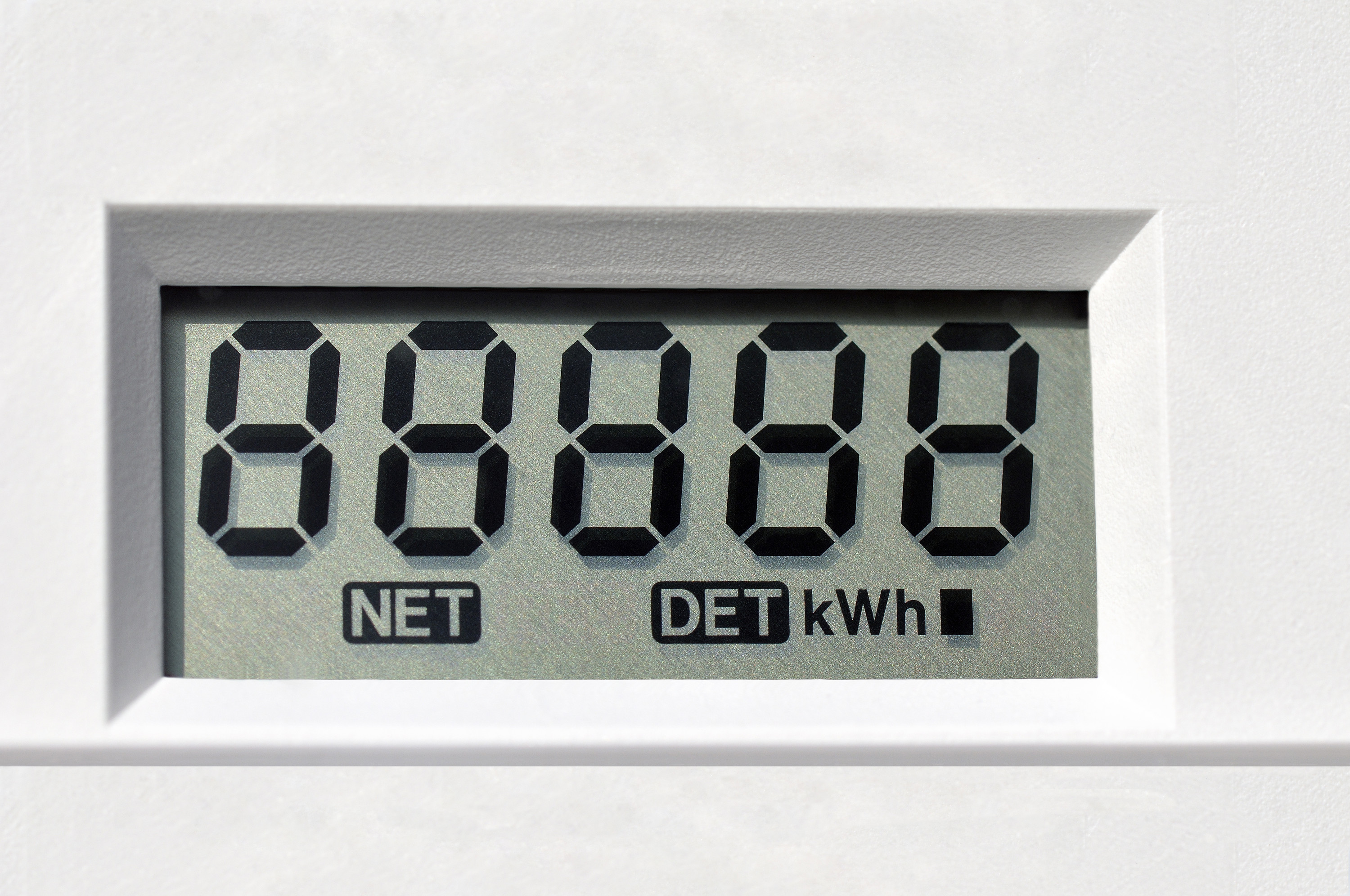 The Maryland Public Service Commission issued a Notice of Opportunity to Comment seeking comments on a new “Retail Supplier Load Shaping RFP.” The Commission want to consider “programs designed to demonstrate the ability to shape residential load profiles using innovative business models.” Comments on the RFP, a copy of which is attached to the Notice, are due April 9, 2019.
The Maryland Public Service Commission issued a Notice of Opportunity to Comment seeking comments on a new “Retail Supplier Load Shaping RFP.” The Commission want to consider “programs designed to demonstrate the ability to shape residential load profiles using innovative business models.” Comments on the RFP, a copy of which is attached to the Notice, are due April 9, 2019.
The RFP states that:
“The primary goal of this RFP is to identify pilots that demonstrate an ability to shape customer load profiles through load shifting, peak shaving, and energy efficiency. Applicants can propose any mechanism for load shaping such as sending appropriate price signals (real time rates), using technology to control usage (controllable thermostats), payment of rebates or behavioral modification treatments. A secondary goal is to test whether load shaping can lower customer bills or reduce the customers’ overall effective rate for electricity by avoiding energy usage during high cost periods. Customer satisfaction will be surveyed at the pilot’s conclusion.”
There’s some background here. In early 2017, the Commission established Public Conference 44 with various working groups. Three working groups involved areas where the retail supply market could be improved or could expand to provide additional services to Maryland customers. One of those working groups involved rate design issues and sought to develop TOU pilot programs. The Commission approved TOU programs for the utilities, which are now being marketed to customers. The Commission also approved an RFP to establish retail supplier programs. However, and the Commission in November 2018 issued a letter order holding that the bids received were not compliant and directed the utilities to reject them.
The Commission has now proposed changes to the prior RFP and has issued the current Notice to elicit more involvement from retail suppliers in a rate design program. The Commission seems determined to engage the retail supplier community in this effort, stating that, “[a]s Maryland moves forward with grid modernization, the retail supply community can play an important role in supporting policy goals, including more active efforts to shape load profiles.”
If you have questions or would like more information about community solar projects or other regulatory issues, contact Brian Greene or any of our mid-Atlantic energy lawyers.


No Comments